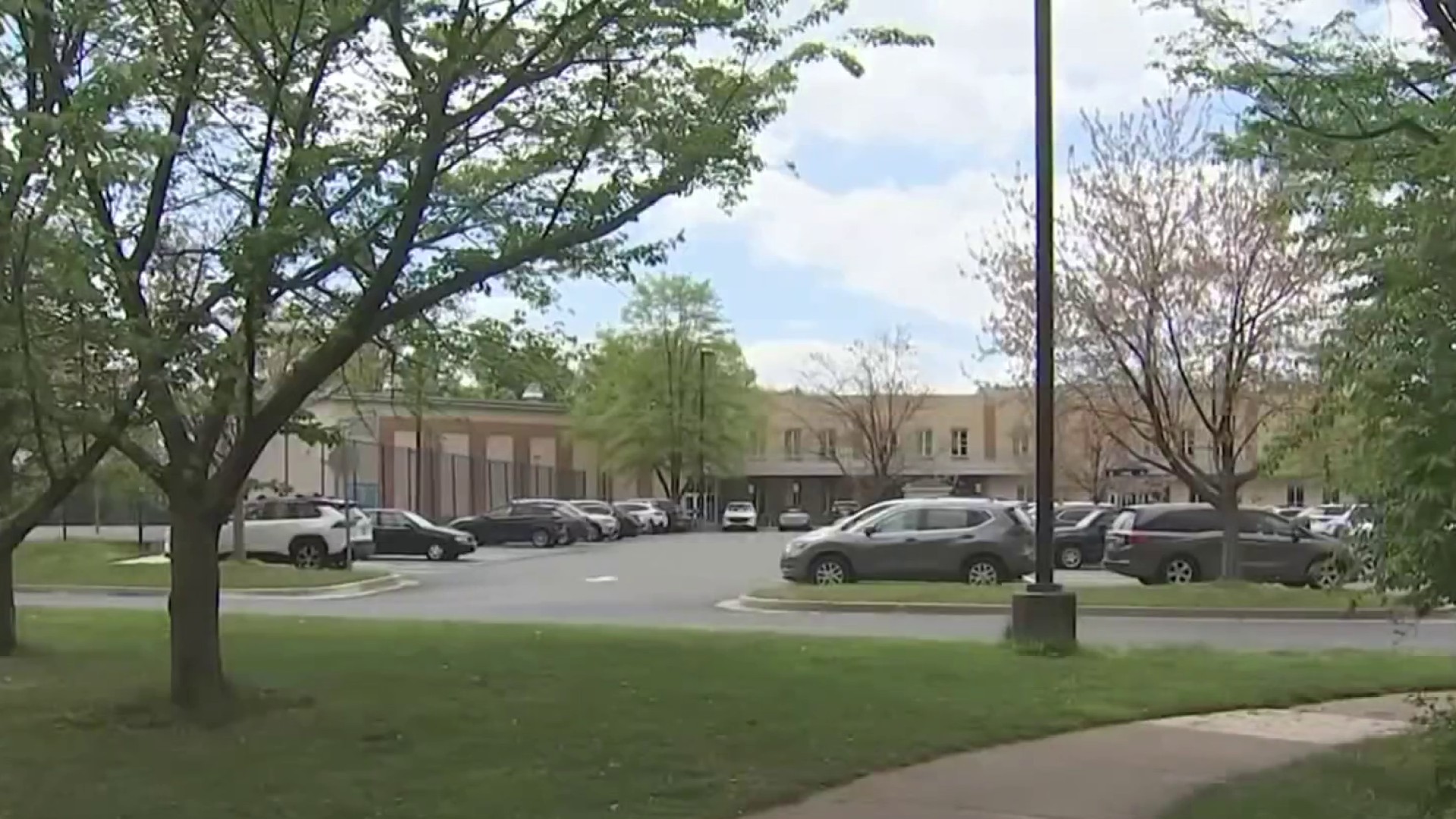In the wake of the massacre of nine black church-goers in Charleston, S.C. last month, symbols of the Confederacy are being rethought, even in its former capital.
Dylann Roof, who was arrested for the shooting, is the apparent owner of a hate-filled website where he also posed with a Confederate flag and is pictured visiting a Confederate museum. After the massacre, The Confederate flag that flew over the South Carolina State House grounds for over 50 years was removed last week.
Now, Virginians are reconsidering some of the Confederate ceremonies, school and highway names -- even monuments -- that mark the state from Norfolk to Alexandria to Roanoke.
Eight recent symbols up for debate:
Alexandria Flies the “Stars and Bars”
Twice each year, the Confederate flag flies over the intersection of Prince and Washington streets at a statue in the memory of a Confederate war hero in Alexandria. Mayor Bill Euille thinks the flag is a symbol of history that ought to be put to rest, but some disagree. Alexandria City Council is expected to take the issue up in September.
Jefferson Davis Highway
A Change.org petition to rename Jefferson Davis Highway has gained more than 3,000 signatures since it was created in May. Jefferson Davis Highway is a part of US 1 that runs from the Potomac River through Virginia to North Carolina. Davis served as President of the Confederate States of America from 1862-1865.
License Plates
Virginia is already in the thick of the debate over the sale of license plates displaying Confederate flags. Governor Terry McAuliffe said he will work to have the plates removed, and they’re currently not being issued. The Sons of the Confederate Veterans said McAuliffe’s actions are premature. The flag is displayed on about 1,600 plates in the state.
Local
Washington, D.C., Maryland and Virginia local news, events and information
Fairfax County High Schools
A Change.org petition has been created to rename Fairfax County high schools that are named after Confederate generals and segregationists. Petitioners say the schools were named in the 1950s and '60s in order to fuel already present racial tensions. Most notable are J.E.B. Stuart high School, Robert E. Lee High School and W.T. Woodson High School.
Lee served the Confederacy as a General; Stuart was a cavalry leader. Woodson was Superintendent of Fairfax County schools from 1929 until 1961; he was a "gradualist" who thought black and white children should be separated in schools until the first grade and continue together after that. Another petition was created to preserve the schools' names in response to the movement to change them.
Portsmouth Confederate Monument
Portsmouth Councilman Mark Whitaker wants a 35-foot tall Confederate monument removed from the city near Norfolk. The monument honors those who lost their lives fighting for the Confederate cause. Whitaker asked the “vestige of racism” be removed in order to show respect and humanity.
Parades and Reenactments
Confederate Sgt. Tapley P. Mays was killed as a teenager in battle during the Civil War. He was remembered with a Confederate Medal of Honor July 11. The reenactment and ensuing parade flew numerous Confederate battle flags throughout the city of Pearisburg, west of Roanoke. The flags invite dissent from many, including the city’s mayor. The mayor, who is the first black man to serve as mayor in the town, was quoted in the Roanoke Times as saying, “[The flag] represents fighting to keep us slaves. Preserving Southern heritage is saying, ‘I want to keep blacks slaves’.”
Danville Debate Gets Heated
A Councilman in Danville said he was threatened with the release of harmful information if he pursued the removal of a Confederate Flag from city-owned Sutherlin Mansion. The councilman had proposed that the flag be moved from the lawn of the mansion into the museum portion of the home in Danville, which situated along the North Carolina border. Councilman Larry Campbell said the threat came from an "anonymous CSA [Confederate States of America] group."
Lexington Traditions
For years before the June massacre that sparked the flag debate, the city of Lexington has vacillated over the issue of Confederate flags. The city, which is 70 miles southwest of Charlottesville, voted to remove all flags from public flagpoles aside from that of the United States, the Commonwealth and the city. Lexington also hosts a celebration for Lee-Jackson Day each January in which Sons of the Confederate Veterans march through town with “stars and bars.”
Confederate Generals Robert E. Lee and Stonewall Jackson both have deep ties to the small city and are buried there. Lexington's Washington and Lee University was in the news last year after a group of black students asked that Confederate battle flags in Robert E. Lee Chapel be removed and the University make major policy changes.



